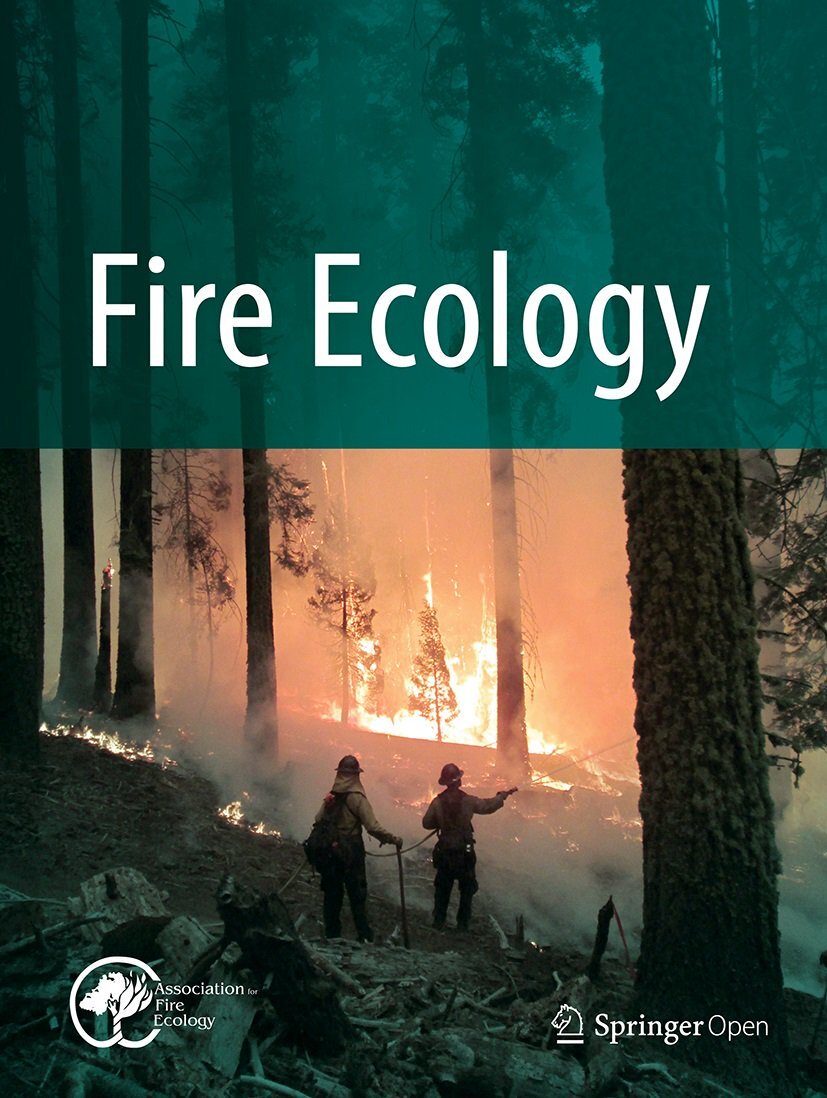Organization: U.S. Department of Agriculture (USDA)
Application Deadline: 8/16/2024 3:00:00 PM Eastern Time Zone
USDA Forest Service Office/Lab and Location: A fellowship opportunity is available with the US Department of Agriculture (USDA) Forest Service (FS) within the Rocky Mountain Research Station (RMRS). This opportunity is remote.
At the heart of the USDA Forest Service's mission is their purpose. Everything they do is intended to help sustain forests and grasslands for present and future generations. Why? Because their stewardship work supports nature in sustaining life. This is the purpose that drives the agency’s mission and motivates their work across the agency. It’s been there from the agency’s very beginning, and it still drives them. To advance the mission and serve their purpose, the USDA Forest Service balances the short and long-term needs of people and nature by: working in collaboration with communities and our partners; providing access to resources and experiences that promote economic, ecological, and social vitality; connecting people to the land and one another; and delivering world-class science, technology and land management.
Research Project: The focus of this project is to cultivate Communities of Practice (COPs) in wildland fire management. Project objectives will include the following:
Collaborate with a team of seasoned practitioners and well-established social science researchers to identify, engage with, and study wildland fire communities of practice across multiple landscapes;
Place practitioners at the forefront of identifying research needs and provide US Forest Service fire managers and line officers with practical research from peer-reviewed findings in the form of research briefs and other materials to better understand their role, communicate, and cultivate communities of practice across diverse landscapes and human communities;
Contribute academic research through accessible media and non-media based learning platforms such as websites, webinars, newsletters, conferences, peer-review journals, and meetings for the US Forest Service and locally-based communities of practice to help navigate systemic barriers to wildfire risk mitigation and communication; and
Collaborate with a new generation of racial, ethnic, and gender diverse social science students and early career professionals to research the wildland fire crisis from convergent perspectives that are problem-focused and solutions-based.
Learning Objectives:
Gain knowledge and skills to more effectively lead a complex project;
Understand leadership skills in multidisciplinary science project;
Develop innovative social science research methodologies;
Improve content knowledge of wildland fire social science;
Understand equity and broaden the wildland fire social science pipeline, especially to women and students from underrepresented racial and ethnic minority backgrounds in the sciences.

